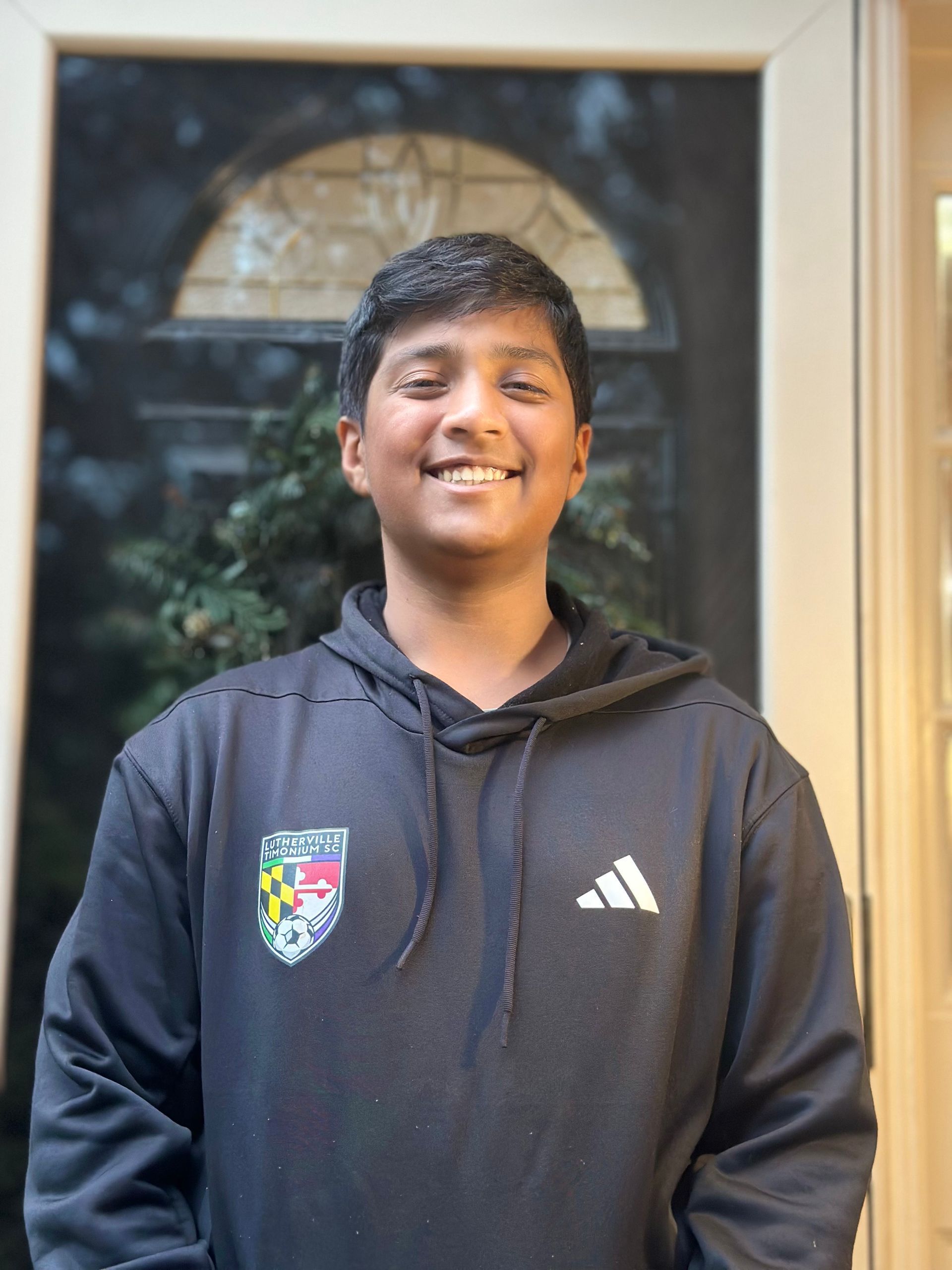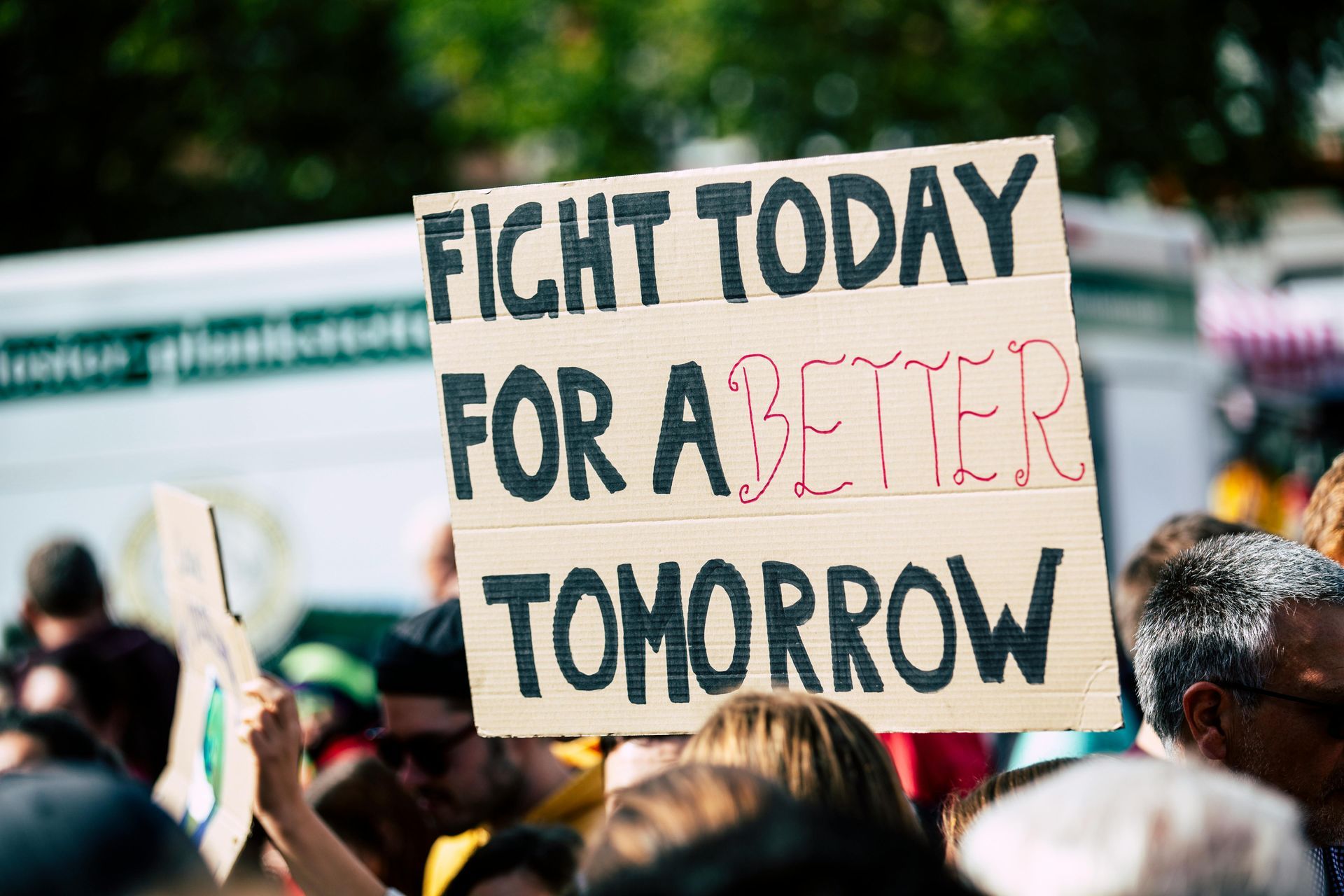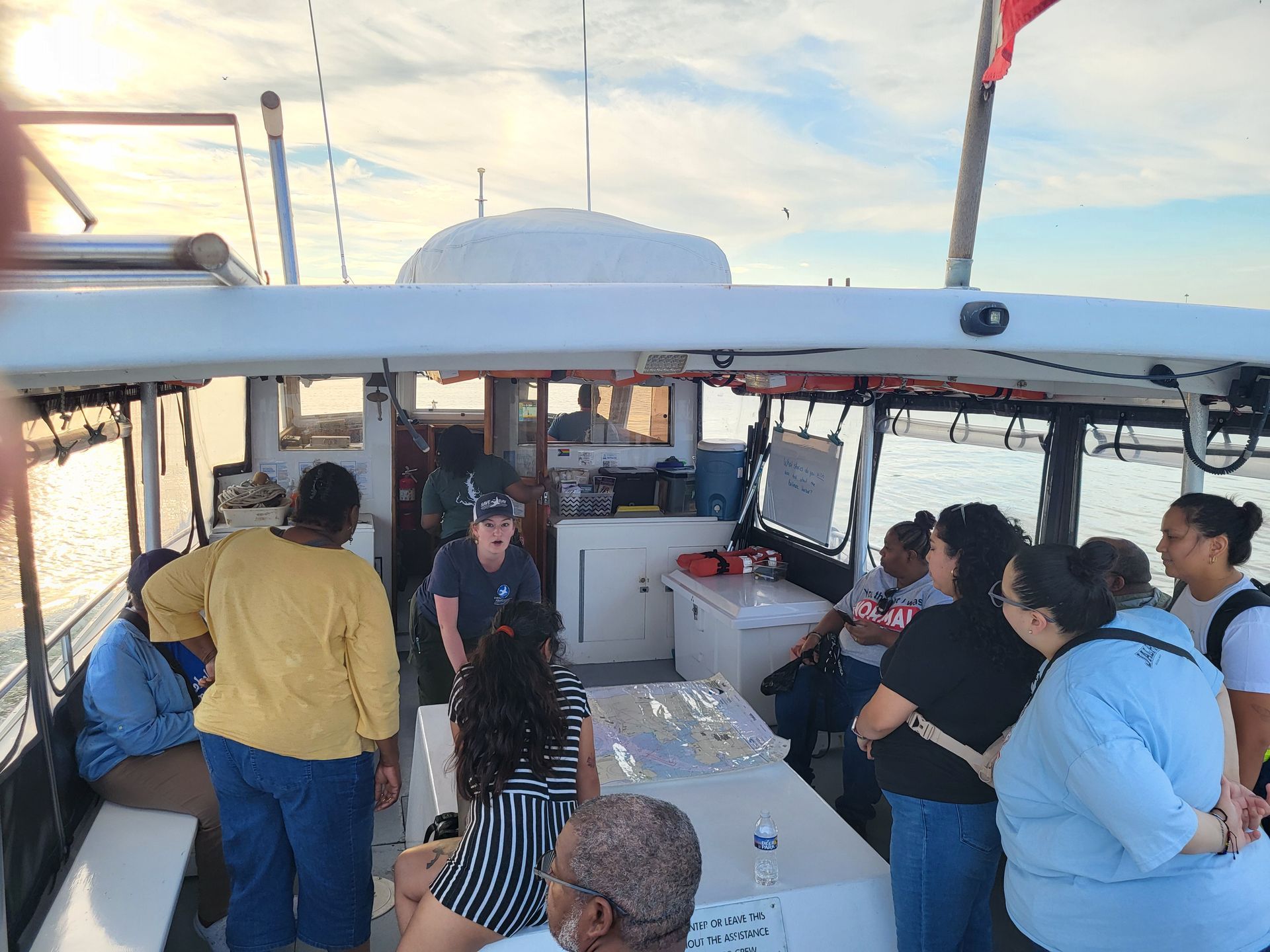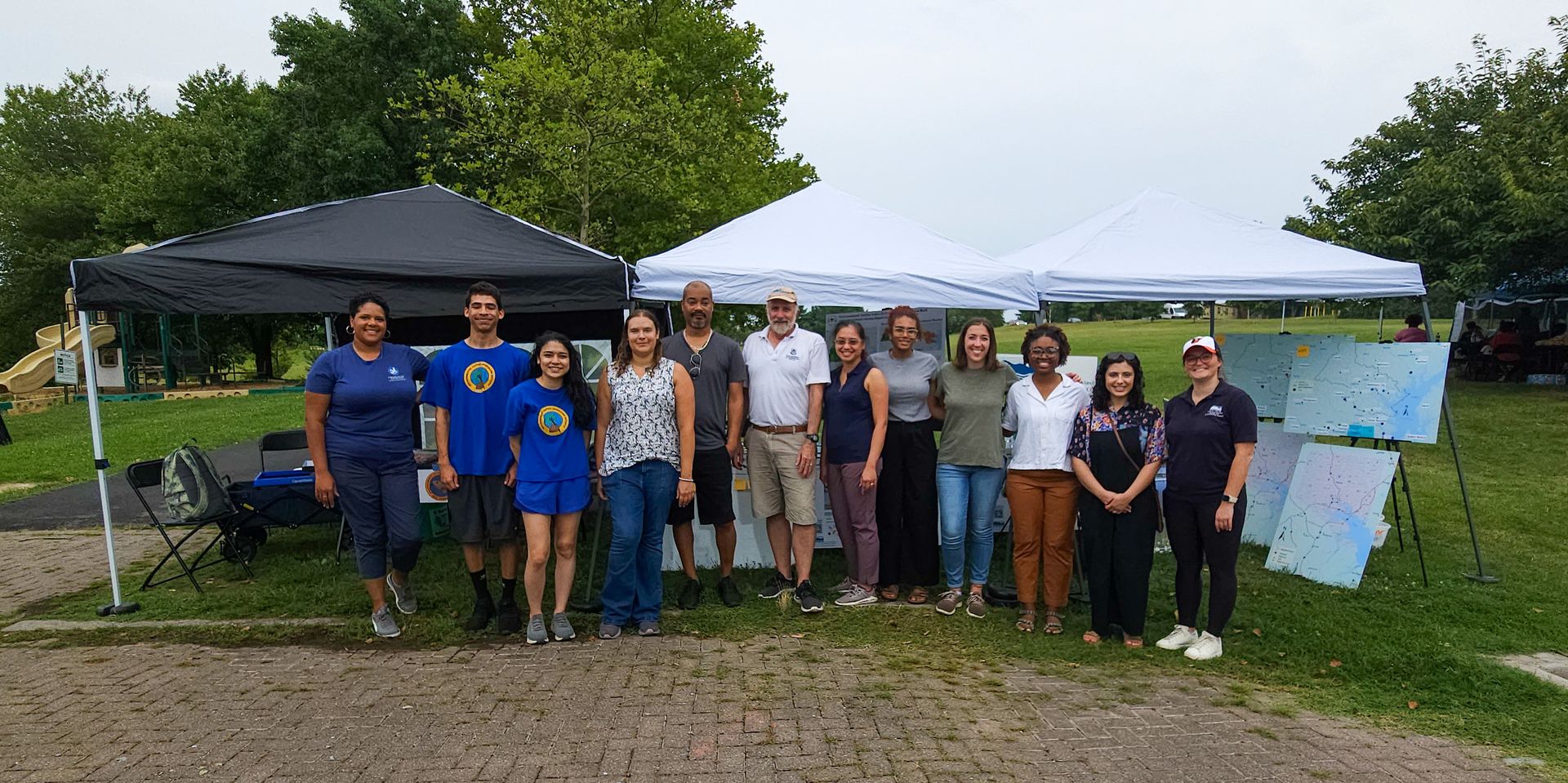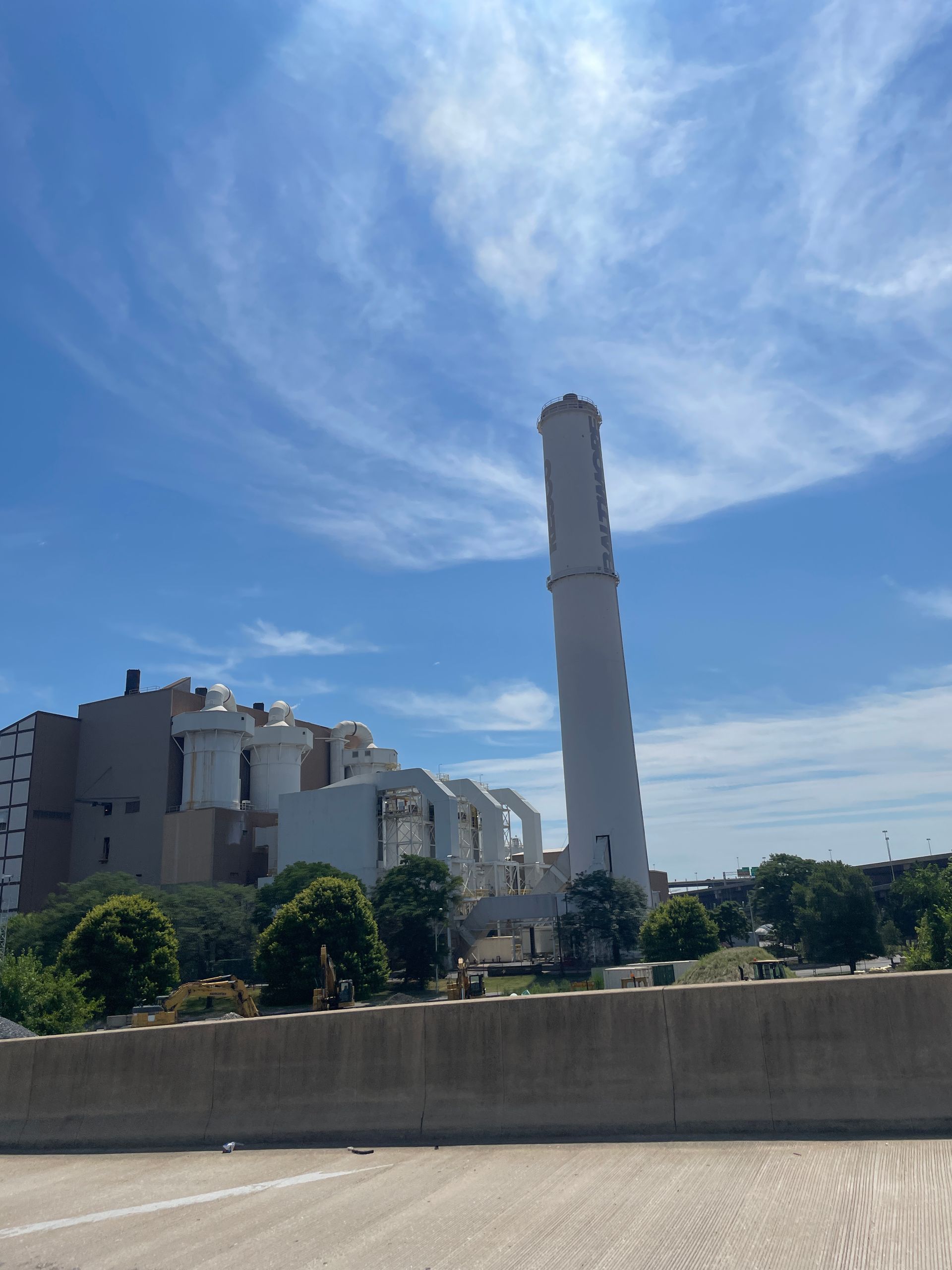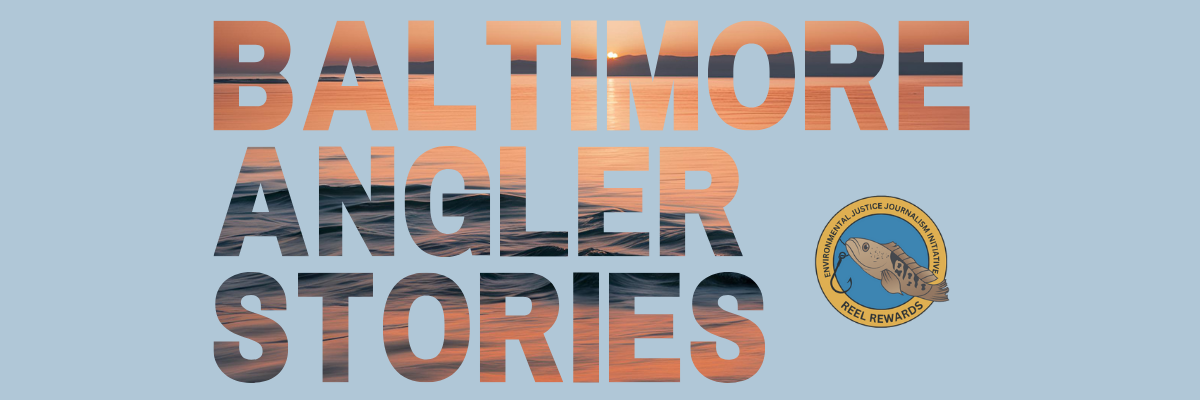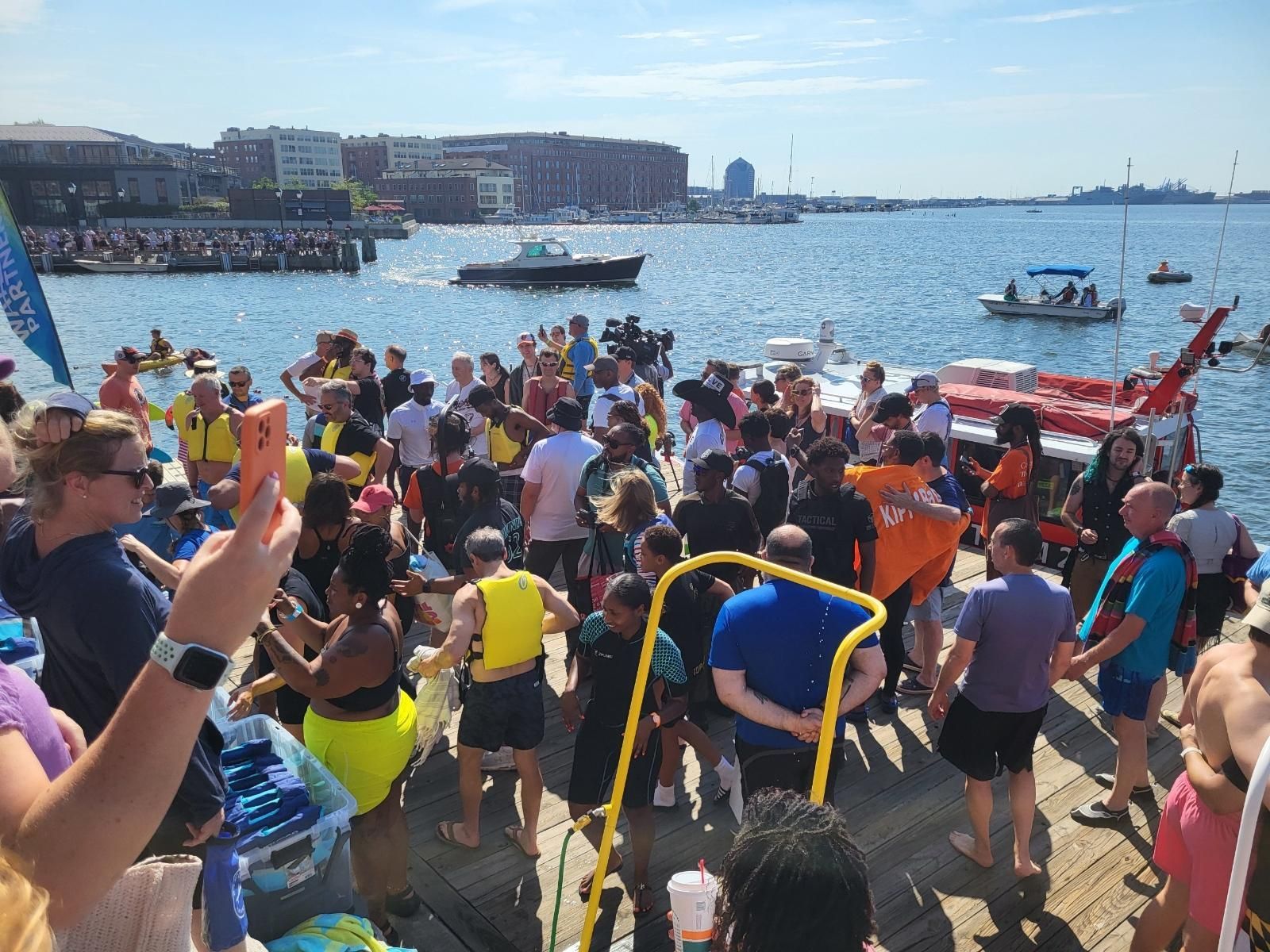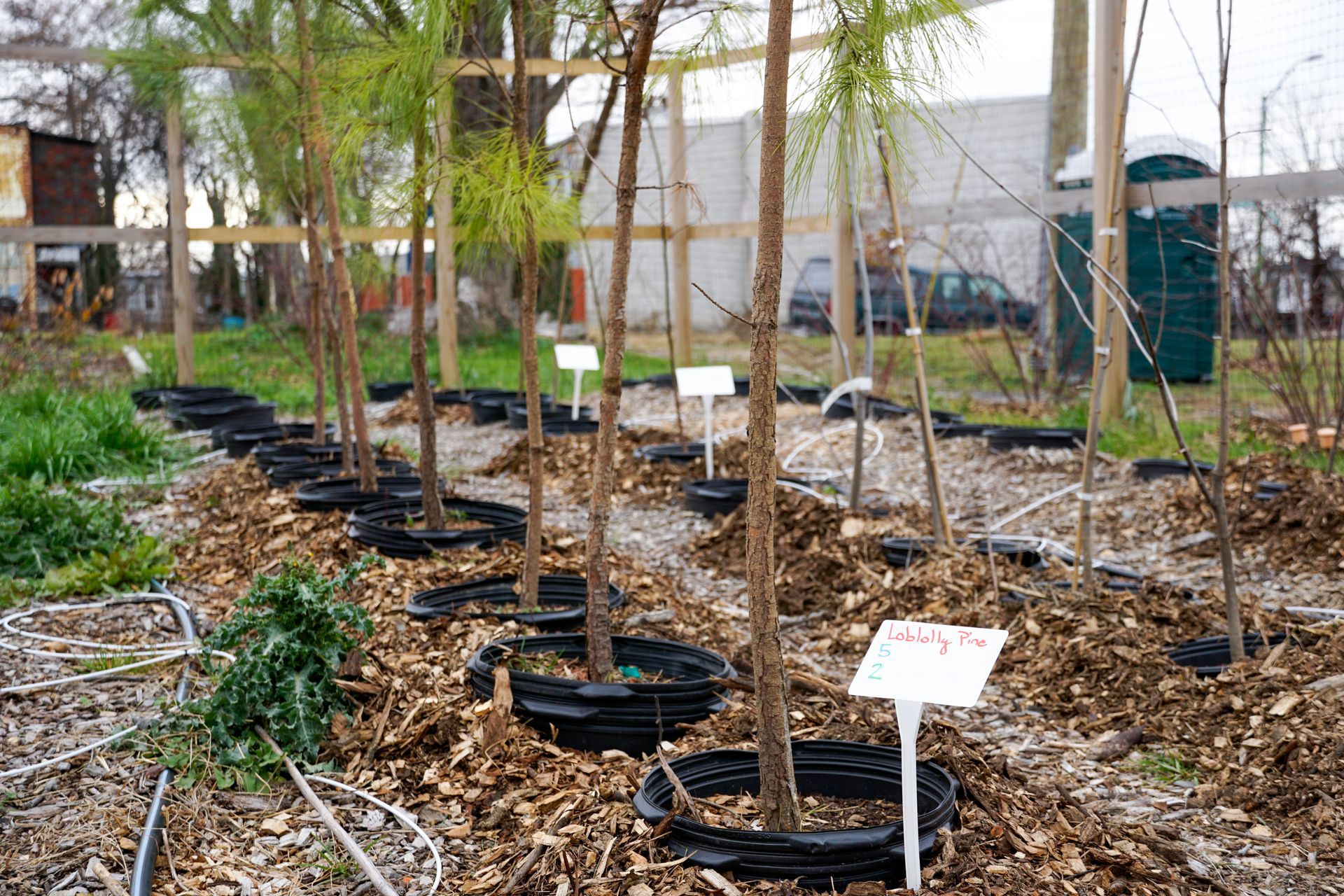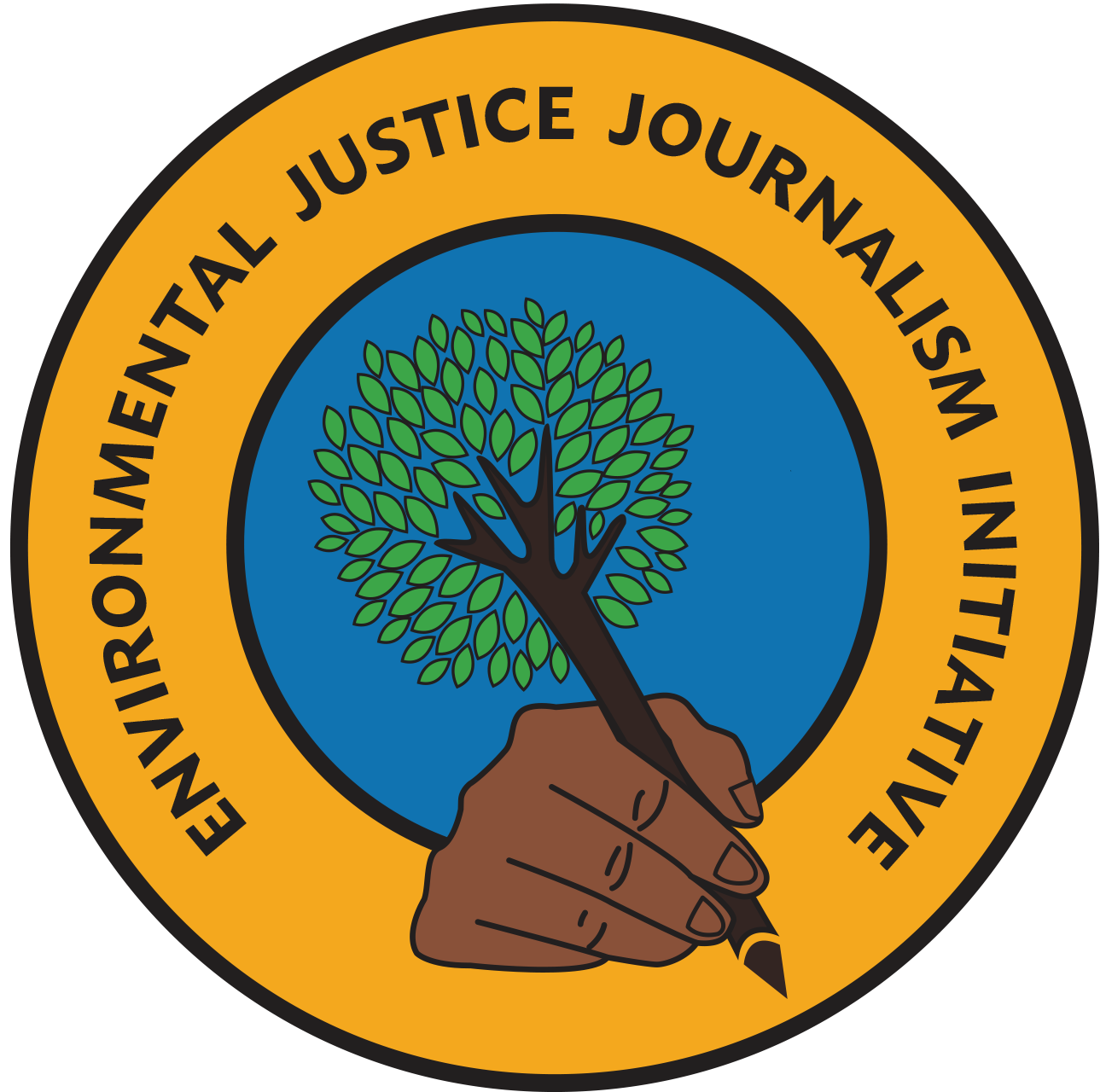From Brooklyn's Waterways to Chesapeake Bay: A Journey of Environmental Justice
From Brooklyn's Waterways to Chesapeake Bay: A Journey of Environmental Justice
By Veronica Malabanan Lucchese
Growing up in an interracial, working-class household in industrial Brooklyn, NY, my family used local waterways to support ourselves. Like many other members of marginalized communities, we did not have the resources to know or trust that the water we swam in and ate from was polluted.
Blaring sirens, concrete, and people everywhere; growing up in an urban environment, this was what I thought everyone’s life was like. Until I moved to a quiet beach town on the outskirts of the city, I didn’t realize that I had been missing out on a crucial aspect of life: nature. For the first time in my life, I had trees in my neighborhood; I saw wildlife beyond pigeons and escaped parrots; I had the ocean in all its wild secrets outside my door.
Despite the beauty of living so close to nature, life in the beach town was not always beautiful. I had left the diverse and welcoming community of south Brooklyn for the white, exclusive town of Rockaway, Queens. Being of both Italian and Filipino heritage, the darkness of my skin varied with the seasons, as did the glaring looks from my neighbors.
Cultural diversity and access to nature should not be mutually exclusive. Outdated policies, laws, and mindsets perpetuate this disconnect between marginalized groups, their access to nature, and inclusion in the environmental management process. My first introduction to the conversation of environmental injustice was sparked by moving neighborhoods. This experience was the first of many pivotal moments in my journey to become a voice for more sustainable and inclusive coastal communities.
For the past 10 years, I have been working in community engagement and environmental communication in New York City, Miami, and New Jersey as a naturalist, communications specialist, and biologist. I have seen the public desire to be more involved in environmental decision-making and how marginalized groups are harmed from being excluded.
As I continue in the second year of my PhD program at the University of Maryland Center for Environmental Science, my dissertation will focus on improving the inclusion of marginalized communities in watershed management. I will use social network analysis and film to identify and empower underrepresented groups for the Patapsco River, Patuxent River, and Potomac River. As a NOAA-LMRCSC Fellow, my research will further NOAA’s diversity, equity, inclusion, and justice (DEIJ) goals.
As a first-generation college student from a multicultural background, I have always seen myself as a bridge between academia and my communities; an ambassador for both the immigrant and minority American experience. My goal is to use my expertise to empower disadvantaged communities by using inclusion, film, and science.
